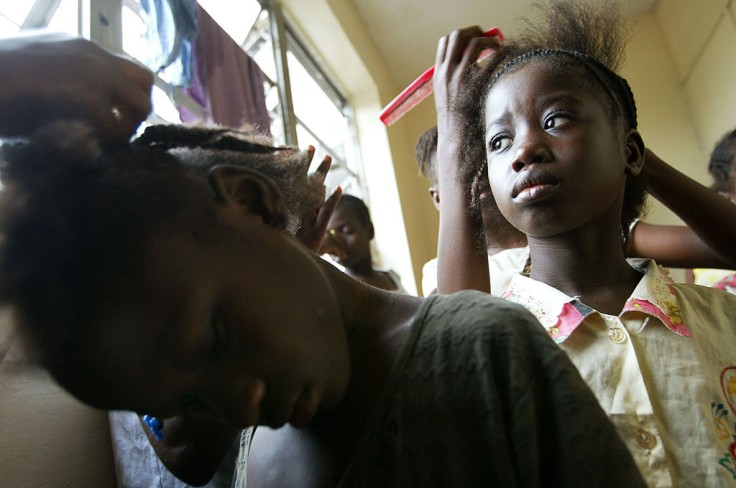
Illinois will no longer tolerate hairstyle discrimination in schools beginning Jan. 1, 2022, as Gov. J.B. Pritzker has signed a new law, essentially banning dress codes that may impact hairstyles tied to a race or ethnicity.
The new law, also known as the Jett Hawkins Law, was sponsored by Rep. Mike Simmons, a Black lawmaker who traditionally wears his hair in long, natural, and free-form dreadlocks. He told the Chicago Sun-Times that this was a personal part of his work because he also experienced humiliation for his hairstyle in school. He said that he was belittled by people of authority who didn't think that his God-given hair was acceptable in class.
Simmons was inspired to file the bill after a 4-year-old boy, Gus "Jett" Hawkins, was told by his school to cut his braids as this violated the dress code. His mother, Ida Nelson, launched an awareness campaign calling an end to the stigma of hairstyle differences in children as it could have a bigger impact on their development.
Nelson said that the approval of the Jett Hawkins Law had been a "huge step towards improving the mental health outcomes for our children."
No Comprising Identities
Pritzker signed the law against hairstyle discrimination at the Uplift Community High School, where he told the kids that they should embrace their heritage instead of compromising their identities. The governor said that this should be the start of the last conversations against kids who prefer to express themselves in how they dress or look.
Nelson and her son were present during the signing of the bill. The mother hopes that other states will follow and create similar laws so that hairstyle discrimination will be nationwide.
Under the law, the Illinois State Board of Education will also be tasked to release educational resources on their website about hair texture and hairstyles like braids, locks, or twists, which are racially or ethnically linked to history.
What Happened to Jett Hawkins?
In March, the pre-schooler asked his mother to braid his hair after seeing a photo of a boy with a similar hairstyle. Nelson was so pleased to see her 4-year-old son excited about it as he was starting to develop his own positive self-image.
Soon after, Nelson received a call from the administrators of Providence St. Mel, a school with a predominantly Black population. The mother was informed that her son violated the dress code as boys of Providence were expected to have their hair cropped short and combed in a neat style.
In her frustration, Nelson posted her story on Facebook and expressed that dress codes are restrictive to Black students with naturally textured hair. Her sentiment drew responses and support, urging the school to change its over 40-year-old dress code.
Principal Timothy Ervin said that the policy would be reviewed before the new school year starts. He reiterated, however, that the dress code is not about disrespect or discrimination. The school's founder, Paul Adams, wanted the students to look distinguished and stand out against other schools.
Related Article: : Lying To Kids During Interrogations Now Illegal for Illinois Cops